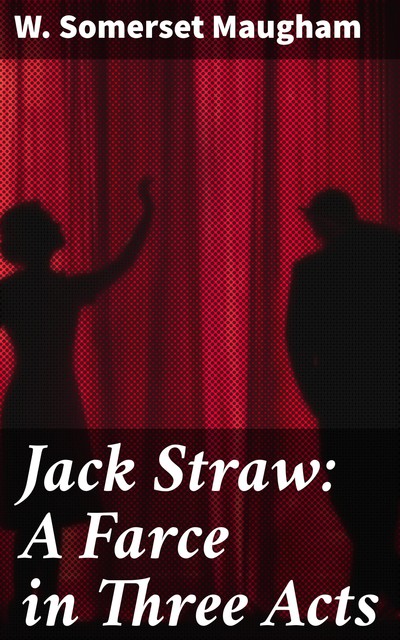In “Jack Straw: A Farce in Three Acts,” W. Somerset Maugham deftly combines humor and social commentary through a sparkling interplay of dialogue and character. The play unfolds within a confined setting, where the tensions of class and identity are explored with both wit and depth. Maugham's theatrical style is characterized by sharp, incisive dialogue, revealing the absurdities of human behavior against the backdrop of early 20th-century British society. This work stands out within Maugham's oeuvre as a poignant reflection of the cultural shifts of his time, presenting a rich tapestry of social dynamics and personal ambition. W. Somerset Maugham, a prolific British author, drew from his diverse life experiences as a doctor, playwright, and traveler to craft his narratives. His ability to dissect the intricacies of human relationships stemmed from his acute observations of society and its follies. Maugham had a keen interest in portraying the contradictions of modern life, and “Jack Straw” exemplifies this thematic preoccupation, presenting characters that grapple with societal expectations and personal desires. This engaging farce invites readers and theatergoers alike to ponder the complexities of social constructs woven with humor. Maugham's astute insights and captivating characters make “Jack Straw” a must-read for enthusiasts of theater and social satire, as it resonates with timeless relevance.


